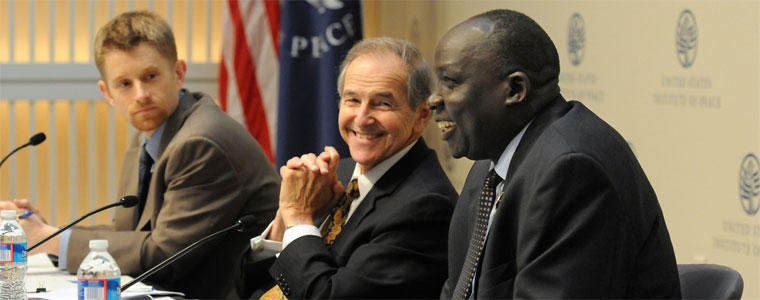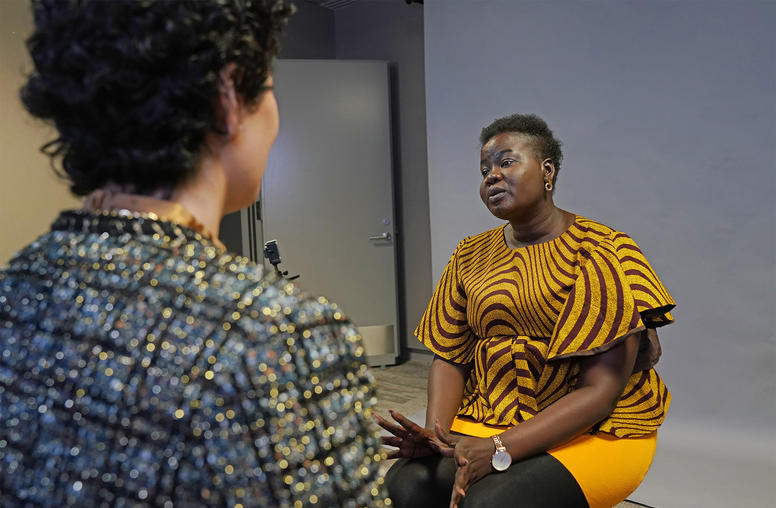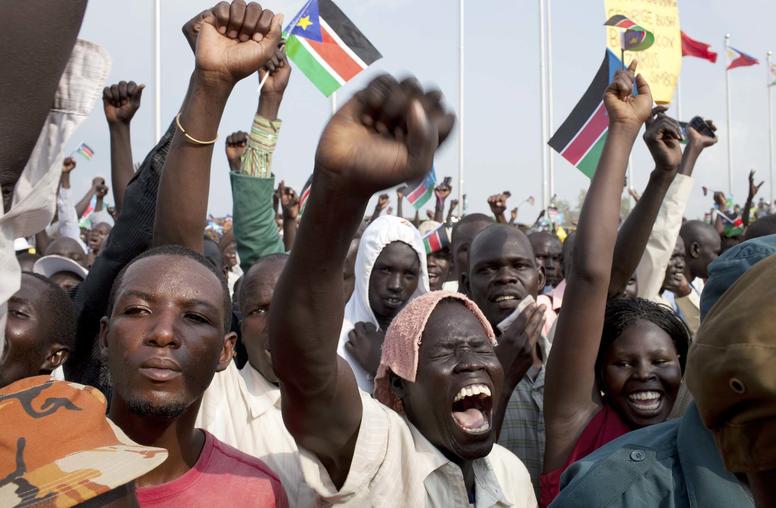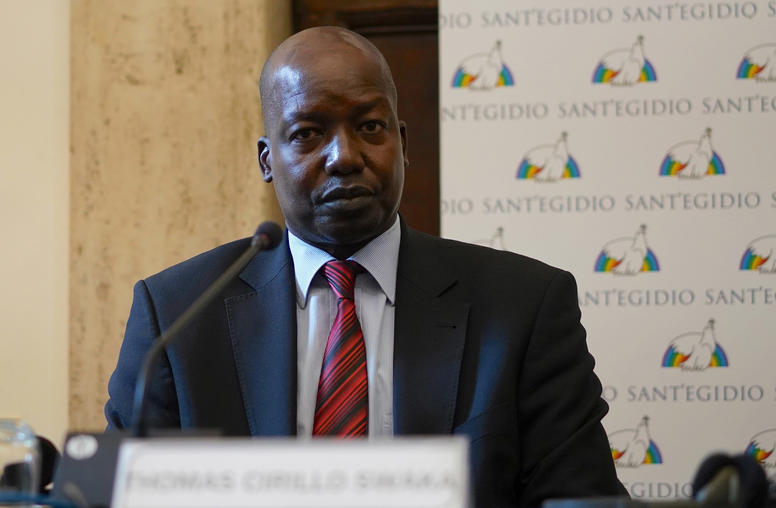South Sudan: Beyond the First Year
As the world marks the first year of South Sudan’s independence, the new state has made important progress on some fronts but still faces daunting challenges ahead, including continuing instability, security sector reform, budget shortfalls and corruption. In this event, senior representatives from the government of South Sudan and the US government reflected on the year since independence and discussed South Sudan’s road ahead, including how the international community can be of greatest assistance.

As the world marks the first year of South Sudan’s independence, the new state has made important progress on some fronts but still faces daunting challenges ahead, including continuing instability, security sector reform, budget shortfalls and corruption. The government of South Sudan is working to meet the high expectations of its constituents, with limited success. In this event, senior representatives from the government of South Sudan and the US government reflected on the year since independence and discussed South Sudan’s road ahead, including how the international community can be of greatest assistance.
Speakers:
- Ambassador Princeton Lyman
U.S. Special Envoy for Sudan and South Sudan - Ambassador Dhanojak Obongo
Charge’ D’Affairs, Embassy of the Republic of South Sudan - Jon Temin, Moderator
Director, Sudan Program, U.S. Institute of Peace
Explore Further
- Read the News Brief about the event
- Read Ambassador Lyman's remarks from the event
- Read USIP's reports on State Building in South Sudan
- Learn more about USIP's work in the Two Sudans



